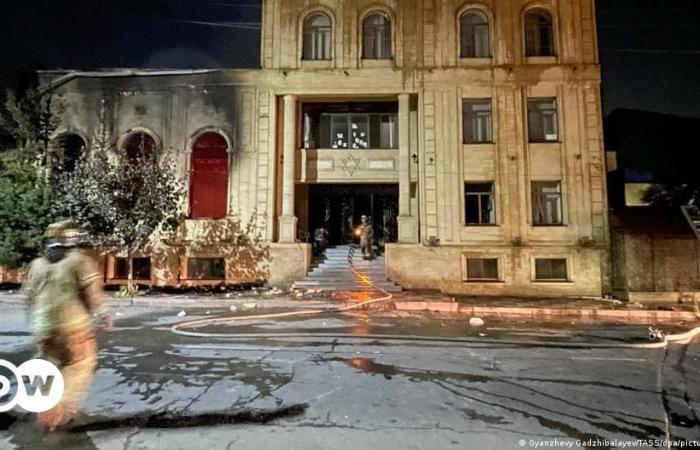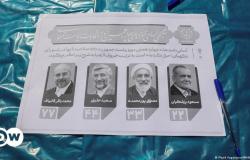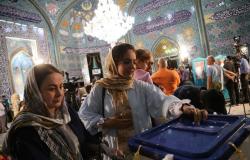Shocking images of dead people, videos of shootings and a burned synagogue. Attacks by Islamist terrorists in Makhachkala and Derbent on June 23, 2024 killed at least 20 people, most of them police officers. Another 46 people were injured. The targets of the attacks in Derbent were an Orthodox church and a synagogue, and in the capital, Makhachkala, a church and a nearby police post. On June 24, three days of mourning were declared in Dagestan, a republic of the Russian Federation. Investigations into the series of attacks are currently underway.
Terrorism against Christians and Jews
“The attacks were Islamist in nature,” says Harold Chambers, an expert on the North Caucasus at Indiana University in the United States. According to him, they involve anti-Semitism and political and anti-Christian attitudes. “It is now known that the father and the uncle of the three attackers were members of the ruling United Russia party. “He also demonstrates that this was an Islamist terrorist attack by the fact that the perpetrators left verses from the Koran on the doors of the synagogue, which jihadists normally refer to,” Chambers told DW.
The fact that a synagogue was attacked does not surprise Chambers, given the events of last fall. “I am referring to the anti-Semitic riots at Makhachkala International Airport. In much of society you can see public discontent and the potential for violence,” she says.
However, anti-Semitic sentiments in this Caucasus region defy all logic, in the opinion of journalist and Dagestan expert Elke Windisch, because the Jewish community, which once existed in Dagestan, has practically abandoned the republic.
Authorities talk about Ukrainian clue
The branch of the Islamic State terrorist group in Afghanistan, the “Islamic State Khorasan Province”, praised the perpetrators of the terrorist attacks in Dagestan. The statement appeared on social networks, on profiles linked to the group’s Russian cell. Meanwhile, the governor of Dagestan, Sergei Melikov, linked the terrorist attacks in the region to the war in Ukraine: “The war came to our house,” he said.
Attempts to link Islamic terrorism to Ukraine are not convincing, observers say. “Of course, only a minority will believe that this whole story has a Ukrainian or American lead. The majority knows that Islamism exists as a factor independent of the West. Don’t Islamists carry out terrorist attacks in the West? Just remember 11 September,” says Russian political scientist Abbas Galljamov, in an interview with DW.
New generation of radical Islamists
Experts say the Russian authorities themselves are partly to blame for the rise in Islamist sentiment in the area. On the one hand, arbitrariness increases and, on the other hand, the authorities contribute to the strengthening of archaic social models, which leads to an increase in Islamism among Muslims, believes Abbas Galljamov. “The state itself creates the conditions for this, it does not contribute to the modernization of society, it has an archaizing effect on society, and Islamism is a form of archaism,” says Galljamov.
According to Harold Chambers, the authorities repressed any attempt at public activity, “even support for the regime.” In his opinion, now “the only place where you can really do something is on the Internet. But there you are more likely to encounter radical actors,” the expert warns.
According to Chambers, a new generation of Islamic radicals emerged in the North Caucasus. “They no longer know what the Soviet Union is. They are experiencing a period of relative religious revival and freedom, although as Muslims in the North Caucasus, of course, they are not completely free. Their way of thinking is clearly different,” he stresses. Chambers. Nationalism overlaps with religion much more often among radicalized people.
Dagestan is one of the poorest regions of the Russian Federation. According to Windisch, it is the most religious republic in the North Caucasus. At the same time, representatives of up to a hundred ethnic groups live there. Interethnic conflicts have been brewing for decades.
(rmr/ers)






